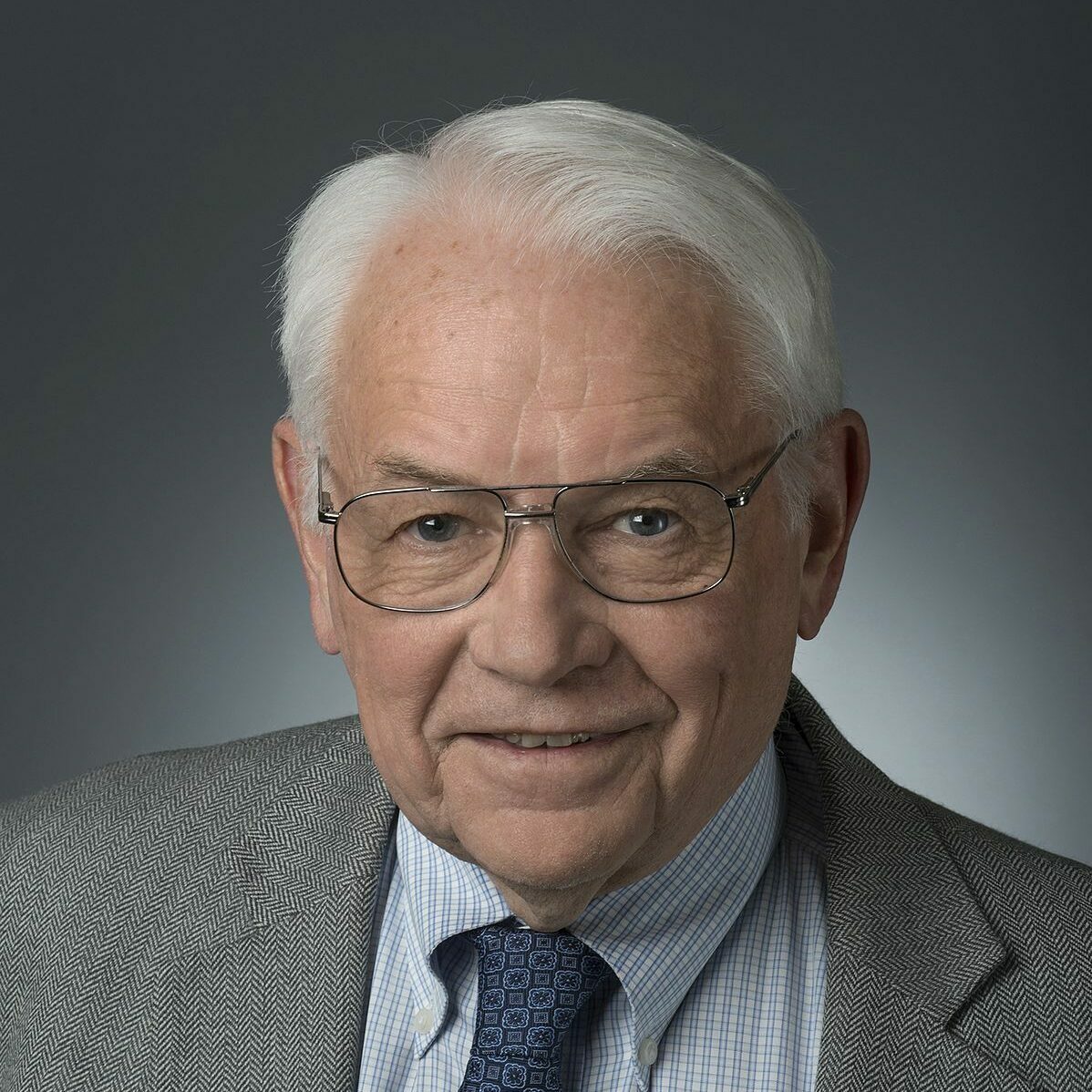From the 2021 Award for Scholarly Distinction citation in the 2022 Annual Meeting Awards Ceremony booklet
Peter N. Stearns is University Professor of history and provost emeritus at George Mason University. He previously taught at Carnegie Mellon University, where he was chair of the Department of History (1986–92), Heinz Professor (1974–2000), and dean of the College of Humanities and Social Sciences (1992– 2000). He has also taught at Harvard University, the University of Chicago, and Rutgers University.
To say that Stearns’s scholarly production is prodigious vastly understates the number and range of his publications; he has written over 100 books and innumerable articles. His 1997 Fat History: Bodies and Beauty in the Modern West was a finalist for 1998 Los Angeles Book of the Year. He has won numerous
awards for scholarship including a John Simon Guggenheim Fellowship and several Social Science Research Fellowships. Besides his scholarly contributions, he has been repeatedly recognized for superior teaching. Perhaps his best-known contribution to scholarship was his founding of the Journal of Social History in 1967, of which he served as editor-in-chief for 47 years. His influence in defining the field of social history in the United States and beyond cannot be overestimated; especially in its early years, he was social history’s most prominent advocate and proponent in the United States.
Stearns’s interests in European social history and the history of emotions (he almost singlehandedly crafted the historical field of emotionology) have expanded over the decades to include an astonishing array of scholarly pursuits and areas of expertise. He has authored several influential and widely used textbooks in world history, served as the general editor of the multivolume Encyclopedia of European Social History, and published extensively on the histories of sexuality, childhood, death, human rights, and the Industrial Revolution. Many of these works have been translated into several languages. Recently he advanced a series of cogent arguments for Why Study History? in a 2020 co-authored volume. Stearns’s reputation is truly international in scope and he has been honored for those many accomplishments by numerous foreign universities. Often underappreciated in an assessment of scholarship is what a person has done to promote the careers and scholarship of others; in this regard, he has few equals.
